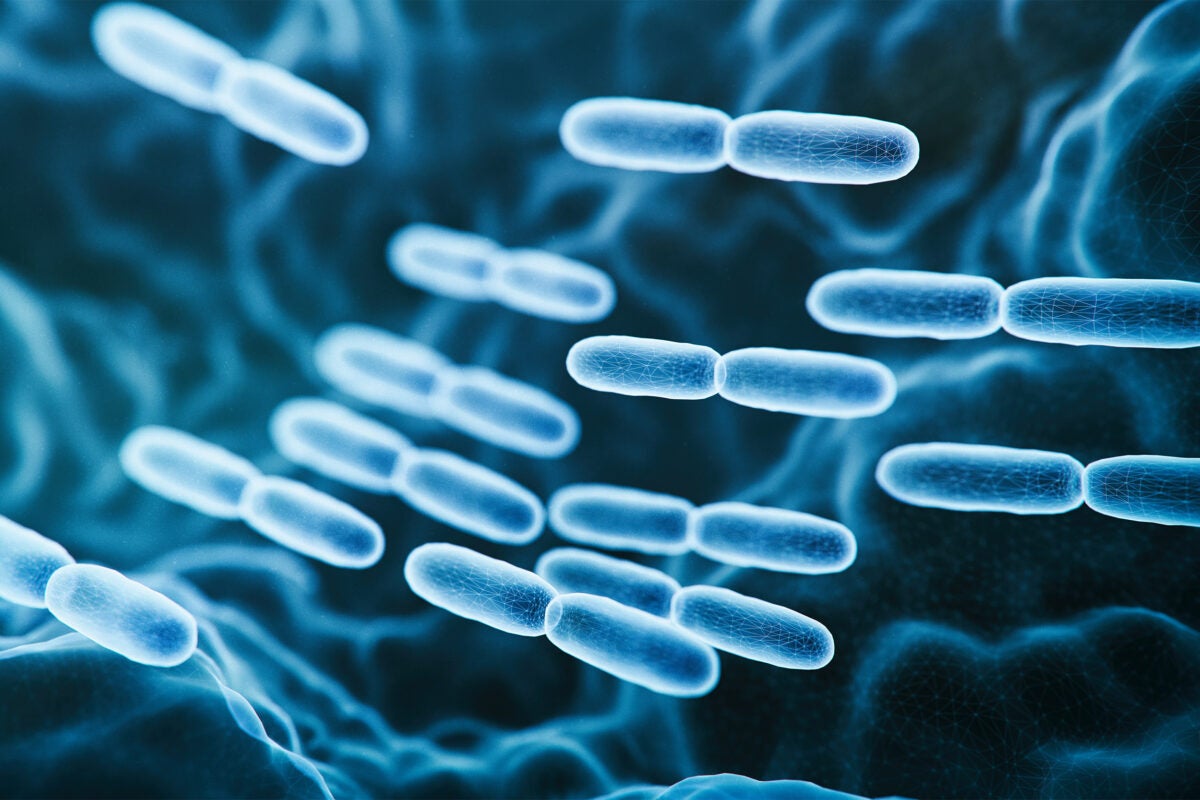Top 10 Probiotic Foods In India In 2024

Probiotics are like tiny digestive system superheroes. These beneficial bacteria have the amazing ability to enhance our general well-being and encourage a healthy gut. Probiotics assist in maintaining a balanced digestive environment, improve nutrient absorption, and even strengthen our immune system by filling our intestines with their helpful presence. Probiotics have a beneficial impact that helps with better digestion, less bloating, and more energy. Here is the list of the top probiotic foods in India in 2024.

-
Yogurt (Curd)
Curd, or yogurt, is a common component in Indian cooking and can be eaten on its own or in various meals. This finest probiotic food is considered auspicious and is frequently offered first at meals or during religious ceremonies. Different regions of the country have distinct curd flavors and textures due to regional variances in curd-making techniques. Every part of India has its own unique curd, from the rich and creamy curd of the north to the tart and somewhat sour curd of the south. Curd is recognized as a cooling food that facilitates digestion in Ayurveda, the traditional Indian medical system. Curd's probiotics boost immunity, digestion, and general well-being by acting as probiotics for weight loss and promoting a healthy gut microbiota.
-
Pickles and Chutneys
Pickles and chutneys are popular condiments throughout many different culinary traditions, valued for their bright flavors and capacity to improve the flavor of food. Indian achar is a tart pickle that is high in probiotics. India's various states are renowned for their unique fermented vegetable pickles, which come in various flavors and textures. Flavorful condiments called chutneys are frequently created by combining a variety of fruits, vegetables, herbs, and spices. Certain chutneys have probiotic potential because of the components and cooking techniques used. Chutneys prepared from yogurt or other fermented dairy products, for example, can help the gut grow a healthy gut microbiota and aid in digestion by introducing helpful bacteria.
-
Idli and Dosa
In South India, idli, a steamed rice and lentil cake, is a common morning dish. The probiotic component of idli batter is derived from the fermentation process. A thin, crispy pancake called a dosa is created with split black gram (urad dal) and fermented rice. Like idli, dosa batter is made with fermentation, which amplifies its probiotic properties.
-
Dhokla
A common Gujarati snack, dhokla is made from fermented chickpea flour. Probiotic microorganisms are added throughout the fermentation process, enhancing intestinal health. It improves dhokla's flavor, texture, and nutritional content. Lactic acid is produced as a byproduct of the bacteria's consumption of the batter's carbohydrates during the fermentation process. In addition to giving the food a tart flavor, this lactic acid aids in the digestion of complex nutrients. Furthermore, the lactic acid bacteria generate specific vitamins and enzymes that augment the nutritional worth of dhokla.
-
Kanji ke Vade
A traditional Rajasthani meal served during the Holi celebration is called Kanji ke Vade. It is made up of fermented mustard water, or kanji, soaked in deep-fried lentil dumplings. It gets its probiotic qualities from fermentation.
-
Miso
Despite not being of Indian descent, miso has grown in popularity and is utilized in several Indian dishes. A particular type of mold known as koji is used to ferment soybeans to make miso, a traditional Japanese spice. To add probiotics to your diet, you can add them to soups, stews, and dressings.
-
Cheese Curd
The rubbery or springy portions of soured milk that are solid. The greatest component of Canadian poutine, cheese curd is a fresh, mildly-flavored dish that is typically created with cheddar fries and lots of melted cheese.
-
Microalgae
This powder, which is made from superfood ocean-based plants like spirulina, chlorella, and blue-green algae, tastes great added to a morning smoothie.
-
Kefir
A fermented probiotic milk beverage is called kefir. Kefir grains are added to cow or goat milk to make it. Kefir grains resemble cauliflower-like colonies of lactic acid bacteria and yeast rather than cereal grains. Kefir has, in fact, been connected to a number of health advantages. It might aid with digestion issues, guard against infections, and strengthen bones. For those who are lactose intolerant, kefir might be a decent alternative.
-
Sauerkraut
Finely shredded cabbage that has undergone fermentation due to lactic acid bacteria is known as sauerkraut. This classic dish is well-liked throughout many nations, particularly in Eastern Europe. Apart from its probiotic properties, sauerkraut also contains high levels of fiber and vitamins C and K. It has potassium, iron, and high sodium content.

